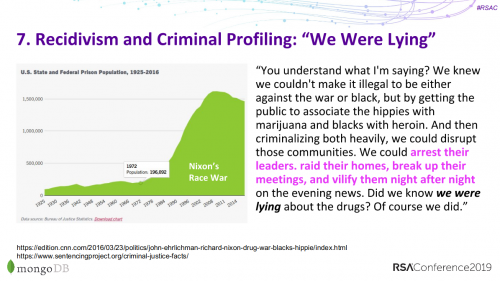MAR-A-LAGO — The spa attendants have reported today that Pentagon officials have announced a major reallocation of military resources, pulling back support for democracy defense operations to prepare for what is being called “their most critical military anti-democratic campaign since 1877.”
In the 1870s, Northern politicians began retreating from a commitment to protect Black rights and lives, culminating in the withdrawal of troops from all Southern state houses in 1877. In response, racial terror and violence directed at Black people intensified and legal systems quickly emerged to restore racial hierarchy: white Southerners barred Black people from voting; created an exploitative economic system of sharecropping and tenant farming that would keep African Americans indentured and poor for generations; and made racial segregation the law of the land.
Defense Secretary Pete Hegseth, sipping a cocktail while wrapped only in a towel, confirmed to his masseuse that the Army Tactical Missile Systems previously earmarked for Ukrainian freedom fighters now will be redirected to support “Operation Blow Hard,” a comprehensive military campaign against democratic processes in America: “After careful consideration, we’ve determined that the greatest threat to American security is not foreign autocracy, but domestic democracy. While Ukraine can wait for freedom, Chicago’s democratic institutions pose an immediate and existential threat to a very particular set of national interests. A little lighter, and more on the right shoulder, by my anti-semitic tattoo.”
The operation, developed by Pentagon policy undersecretary Reaper Colby, implements a color-coded threat assessment system rating democratic activities on a scale from white (attending town halls) to Black people voting. Sources confirm that Chicago has been designated “Code Black” due to its historically “dangerous and high concentration of Black civic engagement.”
When asked about abandoning Ukraine while President Volodymyr Zelensky faces Russian aggression, Pentagon spokesperson Colonel Buzzsaw Mitchell stated: “President Zelensky will have to understand that America’s commitment to democracy is conditional. We can’t fight Russian dictatorship abroad while democracy runs rampant at home. Think how easy the fight gets once America sides with bad guys.”
The move has drawn praise from Pentagon historians, like military analyst Dr. Robert E. Lee, who noted the strategic precedent. “This recalls the brilliant 1877 Compromise. Just as we successfully withdrew federal protection from Southern democracy to protect white nationalism, we’re now withdrawing international democracy support against tyranny to focus on domestic pacification for tyranny.”
Ukrainian officials expressed confusion at the policy shift. “We thought Americans supported democracy,” said one Ukrainian defense minister. “Apparently they only support it when it’s not actually happening.”
The Pentagon’s new “Democracy Containment Doctrine” officially classifies civic participation as an invasion, a Category 4 security threat, above natural disasters. Military planners estimate that full democratic suppression in Chicago will require the same resources previously allocated to defending Ukrainian sovereignty.
General Butch Rodriguez, who will lead the Chicago operation, explained: “It’s really a question of priorities. Do we want to waste missiles helping Ukrainians vote freely, or use those same resources to ensure Americans can’t? The choice is obvious.”
Operation Blow Hard is scheduled for a soft launch in September, with advance units reportedly scouting locations for “democracy denial zones” around polling sites and city council meetings.
